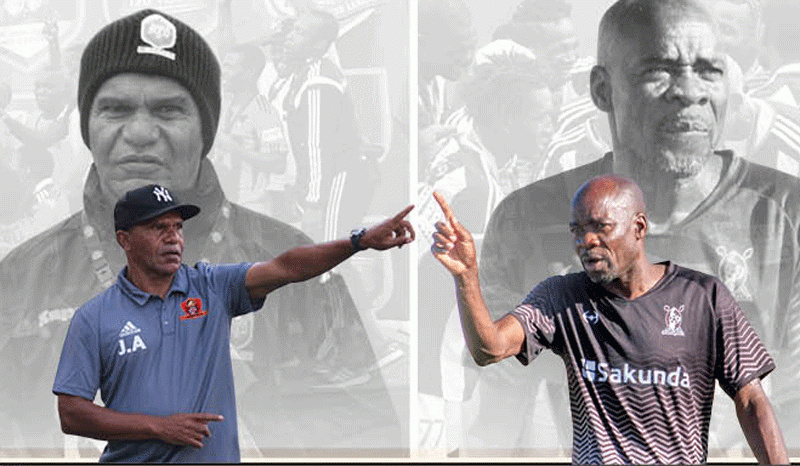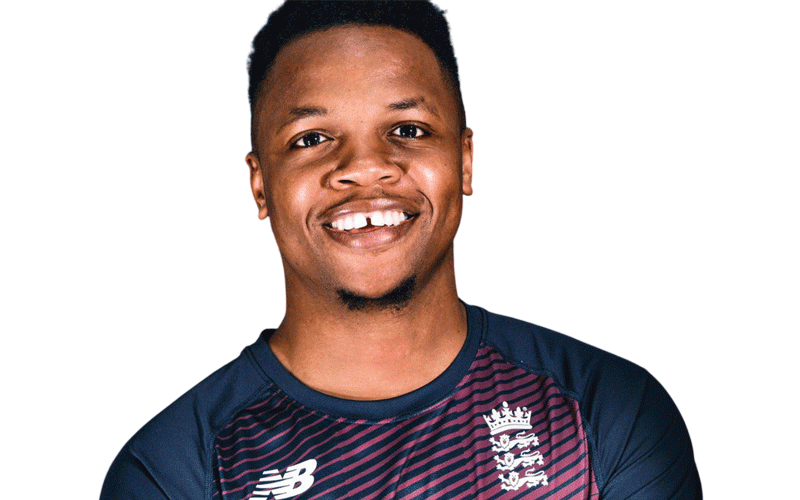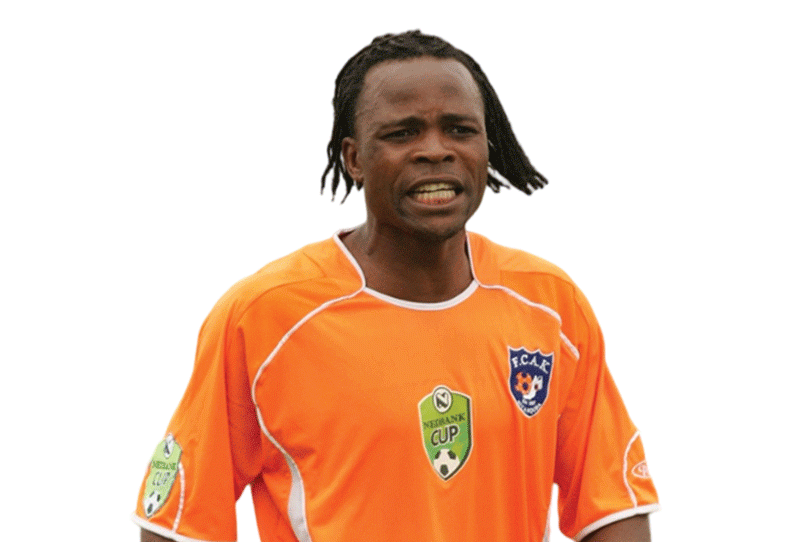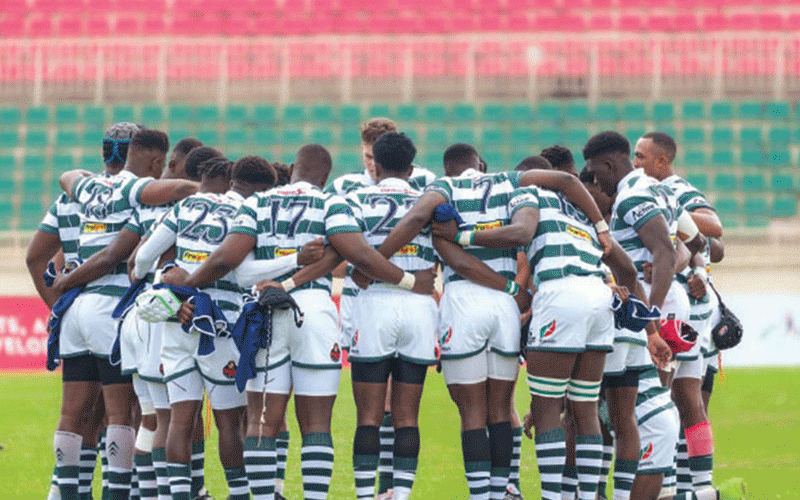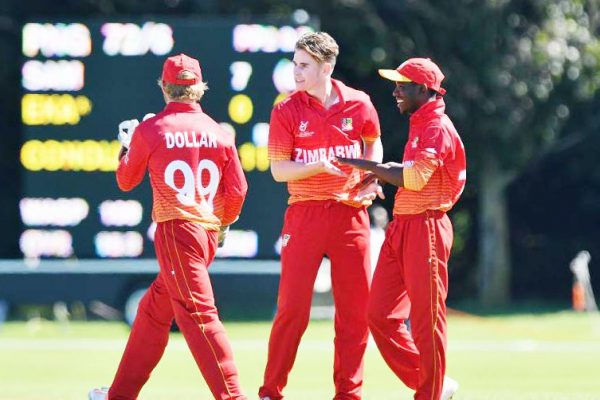
school of sport with TIM MIDDLETON
IN recent weeks, the cricketing world has been absorbed by the riveting Ashes Test series between Australia and England, being played out in front of huge and very vocal crowds in England.
It has coincided with the release of a powerful film called ‘The Edge’ that follows and documents the efforts of the English cricket team from 2009 to 2013, coached by the former Zimbabwean cricketing ‘great’, Andy Flower, to become the number one Test playing country in the world.
It has been described as “a compelling, funny and emotional insight into a band of brothers’ rise to the top, their unmatched achievements and the huge toll it would take.”
At the heart of the process was a need for this “band of brothers” to bond and they did so initially at a seriously tough boot camp run by special forces in a German forest in mid-winter. They recognised that they had to come together as a whole team to be effective, which they did, with great success.
They realised and underscored the age-old tenet, one that Aristotle is said to have promoted in around 330BC that “the whole is greater than the sum of the parts”, that Alexandre Dumas, the French novelist highlighted in his 1844 novel ‘The Three Musketeers’ with their rallying call, “All for one and one for all”, and which in more recent times has been encapsulated in the 1992 mini-series, ‘Band of Brothers’ by Stephen Ambrose.
The star of the team must be the team, as John Wooden constantly emphasised. Players must be great team-mates, first of all.
We have noted in previous articles that “Your child’s success or lack of success in sports does not indicate what kind of parent you are” but that other factors will. The next one in the list of such factors is ensuring that our child is a “great team-mate”.
- Chamisa under fire over US$120K donation
- Mavhunga puts DeMbare into Chibuku quarterfinals
- Pension funds bet on Cabora Bassa oilfields
- Councils defy govt fire tender directive
Keep Reading
Note that he must be a “great” one, not a good one, and he must be a great “team-mate”, not just a team-member.
As a parent our role is not to coach skills or tactics or formations but to produce a child who is a great team-mate. To some extent, this goes at extreme odds with a parent’s natural instinct as we are only concerned about our own child doing well.
We will want our child to stand out as an individual so we will tend to encourage him to show how good he is as an individual player. So we need to understand our key role is to ensure our child is a great team-mate. But what will ensure our child is a great team-mate?
A great team-mate will be willing to play his part and not be carried by others in the team. He will be willing to run off the ball, not necessarily to receive the ball.
He must be willing to let others shine and score; he must be willing to tackle back and cover for mistakes made by team-mates, to support the player with the ball, to play in any position called upon, to develop and include others in the team, to listen to others’ views and insights, to play right to the end, to compensate for team-mate’s weaknesses and fears (knowing that they will compensate for his), to have pride and belief in the team and its mission.
More than that, he must know his team-mates closely, what makes them tick and what makes them toil. He must be willing to serve, for the greater good.
That is our task as a parent – to enable our child to do that. In one sense it should not be difficult for us to do that as our child is already part of a key team, called Team Family.
Our own family should be seen and should work as a family; after all, the description of the successful team is a “band of brothers” and our family has real brothers and sisters.
It is in our own home and within our own family that we can teach incredible lessons that will equip our youngsters to succeed in sport.
As a member of Team Family, we should all be willing to play our part, to cover for other family members, to support family members, to develop other family members, to compensate for family members’ weaknesses, to be proud of our family, to be willing to serve.
We can develop our child to be a great team-mate by developing them to be a great family-mate, to be a great family team.
It is no coincidence that an anagram of “team” is “mate”; the two go together. We also know the acronym TEAM stands for “Together Everyone Achieves More”.
Such insights should combine to reinforce the fundamental truth that no side will be successful unless it is a team and unless within that team the players are mates.
We can, and will, make our child successful, if we help them understand and achieve that reality. If not, their own dreams will turn to ashes and they will find themselves on the edge of games, of series and of successes.
l Tim Middleton is a former international hockey player and headmaster, currently serving as the Executive Director of the Association of Trust Schools Email: [email protected]

